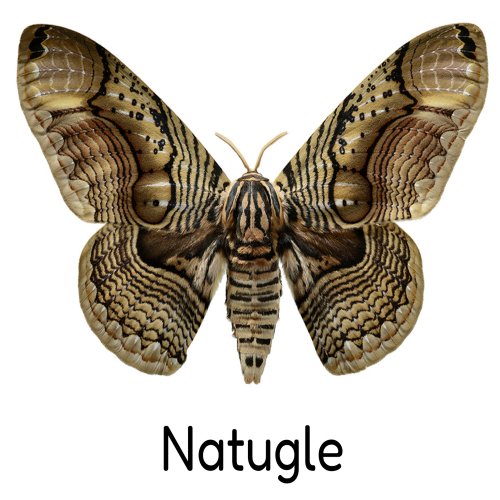Ciro Longobardi - Messiaen: Catalogue d'Oiseaux (2019) [Hi-Res]
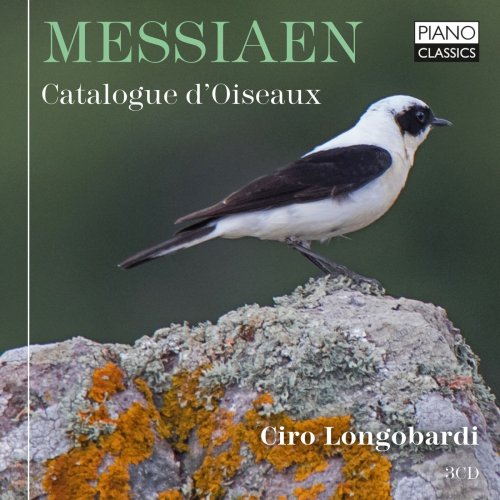
Artist: Ciro Longobardi
Title: Messiaen: Catalogue d'Oiseaux
Year Of Release: 2019
Label: Piano Classics
Genre: Classical
Quality: flac 24bits - 96.0kHz
Total Time: 02:28:05
Total Size: 2.2 gb
WebSite: Album Preview
TracklistTitle: Messiaen: Catalogue d'Oiseaux
Year Of Release: 2019
Label: Piano Classics
Genre: Classical
Quality: flac 24bits - 96.0kHz
Total Time: 02:28:05
Total Size: 2.2 gb
WebSite: Album Preview
---------
01. Catalogue d'oiseaux: I. Le chocard des alpes
02. Catalogue d'oiseaux: II. Le loriot
03. Catalogue d'oiseaux: III. Le merle bleu
04. Catalogue d'oiseaux: IV. Le traquet stapazin
05. Catalogue d'oiseaux: V. La chouette hulotte
06. Catalogue d'oiseaux: VI. L'alouette Lulu
07. Catalogue d'oiseaux: VII. La rousserolle effarvatte
08. Catalogue d'oiseaux: VIII. L'alouette calandrelle
09. Catalogue d'oiseaux: IX. La bouscarle
10. Catalogue d'oiseaux: X. Le merle de roche
11. Catalogue d'oiseaux: XI. La buse variable
12. Catalogue d'oiseaux: XII. Le traquet rieur
13. Catalogue d'oiseaux: XIII. Le courlis cendré
From an Alpine crow circling rocks and precipices to a lonely curlew off the coast of Brittany; from a golden oriole singing in the sun to a tawny owl hooting in a dark forest… The Catalogue d’Oiseaux of Olivier Messiaen forms an extraordinary and varied tribute to the landscape and bird-life of France, and to its composer’s powers of invention as he explored and developed innovations in harmony, melody and rhythm at a time when all the elements of music were in flux and up for grabs. Any new recording of one of the 20th-century’s major piano cycles is a major event. The 13 compositions of the Catalogue are very different to each other, in length, form and intent. L’alouette lulu is a kind of antiphonal poem. La chouette hulotte boldly maps out territory for experimentation – a rhythmic study at the start, by the end a study in timbre. Le chocard des alpes and Le buse variable are mostly articulated by shouts, where we are close to noise; the French landscape is very present and raw. The material is often raw and dissonant, but Messiaen often uses what are traditionally blocks of dissonance to create consonance. There are pieces full of melody – Le loriot or La bouscarle – and songs rich in timbre but not saturated with colour like La merle de roche. The Catalogue begins and ends with movements that are severe in nature and forbidding in mood. He liked to convey the impression that he composed music in isolation from the world around him, inspired first and foremost by God and by the birds whom he called God’s musicians. But the period of the 1950s which saw the composition of the Catalogue was one of intense turbulence and tragedy for him, and it inevitably marked his music. The Italian pianist Ciro Longobardi has made a specialty of 20th and 21st-century music. He won a major piano prize at the crucible of European modernism in music, Darmstadt – only the second Italian pianist to do so – and he has given Italian premieres of significant works by the likes of Ives, Kurtág and Xenakis. With both an assured technique and a sympathetic grasp of the idioms of the great music of our own time, he is well placed to make an outstanding contribution to the rich history of the Catalogue d’Oiseaux on record.
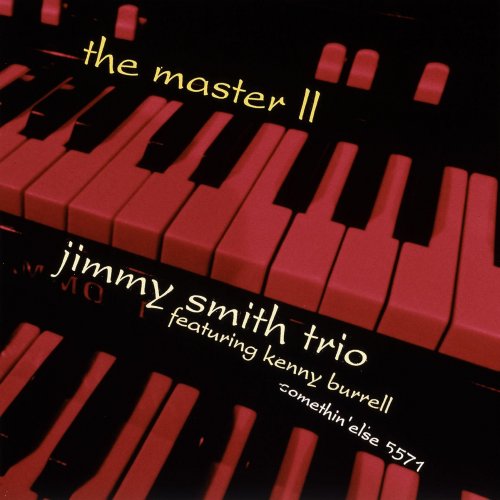
![Mighty Joe Belson - The Doodle Cats: Reinventing The Wheel (2025) [Hi-Res] Mighty Joe Belson - The Doodle Cats: Reinventing The Wheel (2025) [Hi-Res]](https://img.israbox.com/img/2025-10/25/yr2xrk2mf8xskfhl5z67ogd46.jpg)
![Hamish Smith - Elsewhere Now (2025) [Hi-Res] Hamish Smith - Elsewhere Now (2025) [Hi-Res]](https://www.dibpic.com/uploads/posts/2025-10/1761302374_a0469317585_10.jpg)
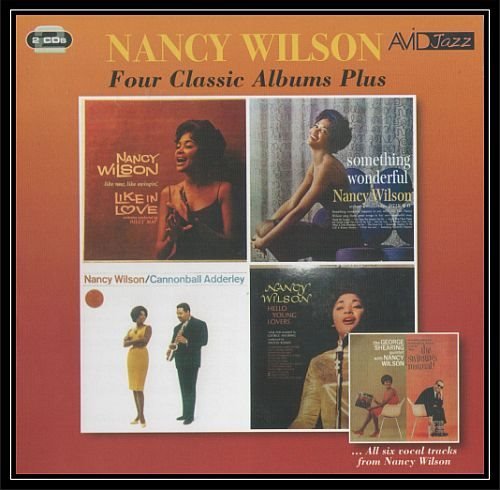
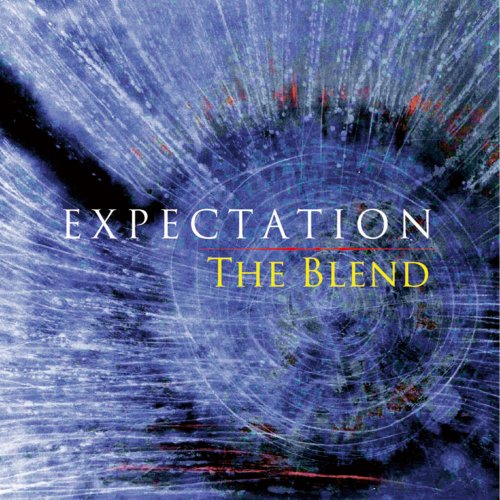
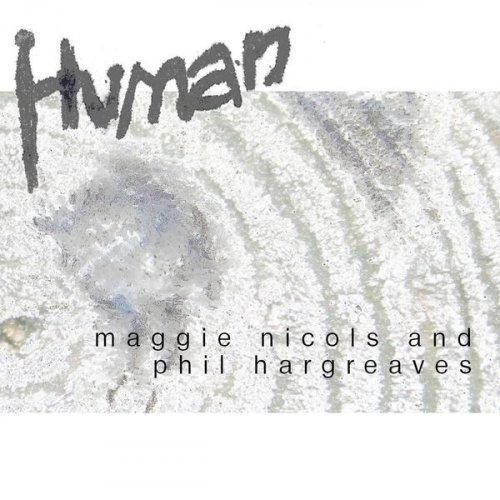
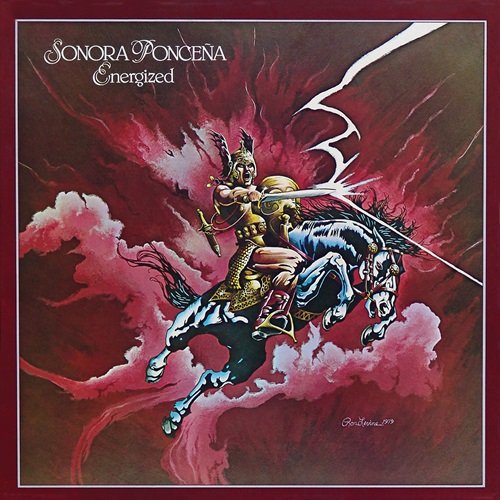
![frostlake - Shattered Stone (2025) [Hi-Res] frostlake - Shattered Stone (2025) [Hi-Res]](https://www.dibpic.com/uploads/posts/2025-10/1761300700_a0052650122_10.jpg)
